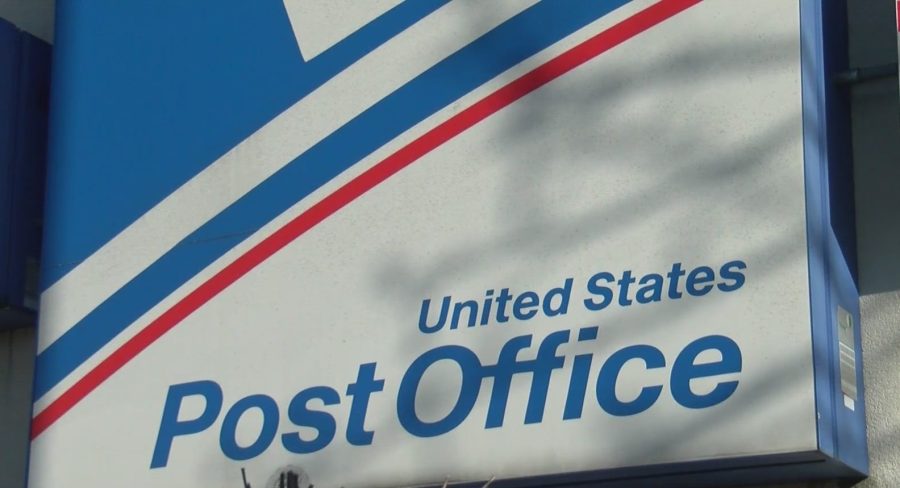The premiere of Ken Burns’ new documentary series, “The American Revolution,” on PBS marks a significant moment for the network, particularly following the recent defunding by former President Donald Trump. The series, which began airing on October 1, 2023, is a bold declaration of PBS’s ongoing presence in the public broadcasting landscape. According to Paula Kerger, CEO of PBS, this event underscores the message: “We are still here.”
The six-part series, celebrating the 250th anniversary of the United States in 2026, is a culmination of ten years of work and aims to engage viewers in a dialogue about the nation’s history. During a recent appearance at the Texas Tribune Festival, Kerger expressed optimism despite the challenges posed by funding cuts. She stated, “Fundraising has actually gone pretty well,” highlighting that PBS continues to advocate for the restoration of federal support.
The backdrop to this premiere is significant. Following Trump’s aggressive campaign against public media funding, in July 2023, Congress passed a measure to rescind previously allocated federal funds for the Corporation for Public Broadcasting (CPB). This action effectively ended nearly six decades of federal support for public broadcasting, with local stations facing varying degrees of impact. Larger urban stations tend to have more diverse funding sources, while those in rural areas are particularly vulnerable.
Kerger noted that while some local stations are struggling, emergency grants and loans from philanthropic organizations, such as the Knight Foundation, are providing temporary relief. She emphasized that PBS remains committed to delivering high-quality programming, akin to offerings from major streaming platforms like HBO and Netflix. “This is the kind of work that public broadcasting is built to do,” Kerger remarked.
The production of “The American Revolution” has been a collaborative effort, relying on both private donations and CPB support. Notably, during congressional discussions, Burns personally reached out to Republican lawmakers in an effort to salvage funding, underscoring the importance of public media. He stated, “I couldn’t do any of the films I’ve done without them being on PBS.”
Critics and supporters alike recognize the value of this documentary. James Poniewozik, a critic for the New York Times, praised the series for its dedication to a shared American narrative. He noted that it engages with both the triumphs and challenges of the nation’s past, a sentiment echoed by Burns in his discussions about the series.
Reflecting on the timing of the release, Burns commented on the significance of understanding one’s origins, especially during divisive times. “When you feel like we’re challenged, as we do now, you go back, as a person would, to a therapist and ask, ‘Where’d you come from?’” he explained. This introspection, he believes, is vital for rebuilding a sense of unity and understanding within the country.
With “The American Revolution,” PBS aims to reclaim its narrative space in the public consciousness. The documentary’s launch has garnered extensive media coverage and has seen positive engagement across various communities, illustrating a continued demand for public broadcasting even in the face of financial adversity. As PBS navigates this new funding landscape, it remains committed to its mission of informing and educating the public through historical and cultural programming.






